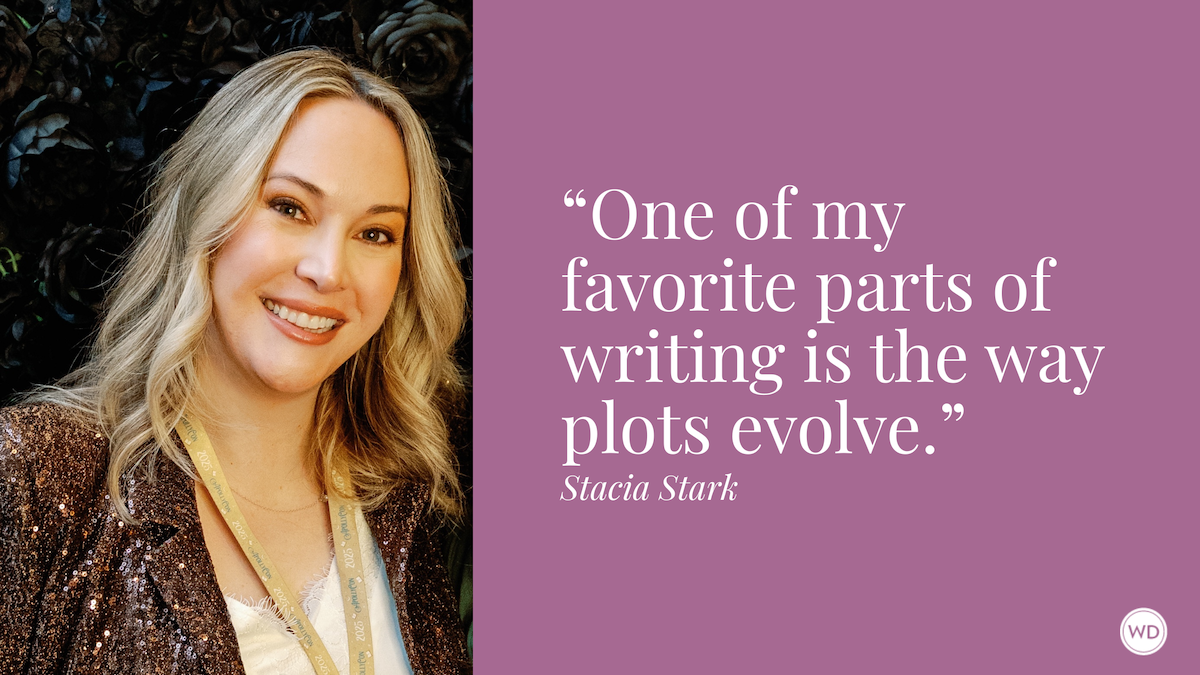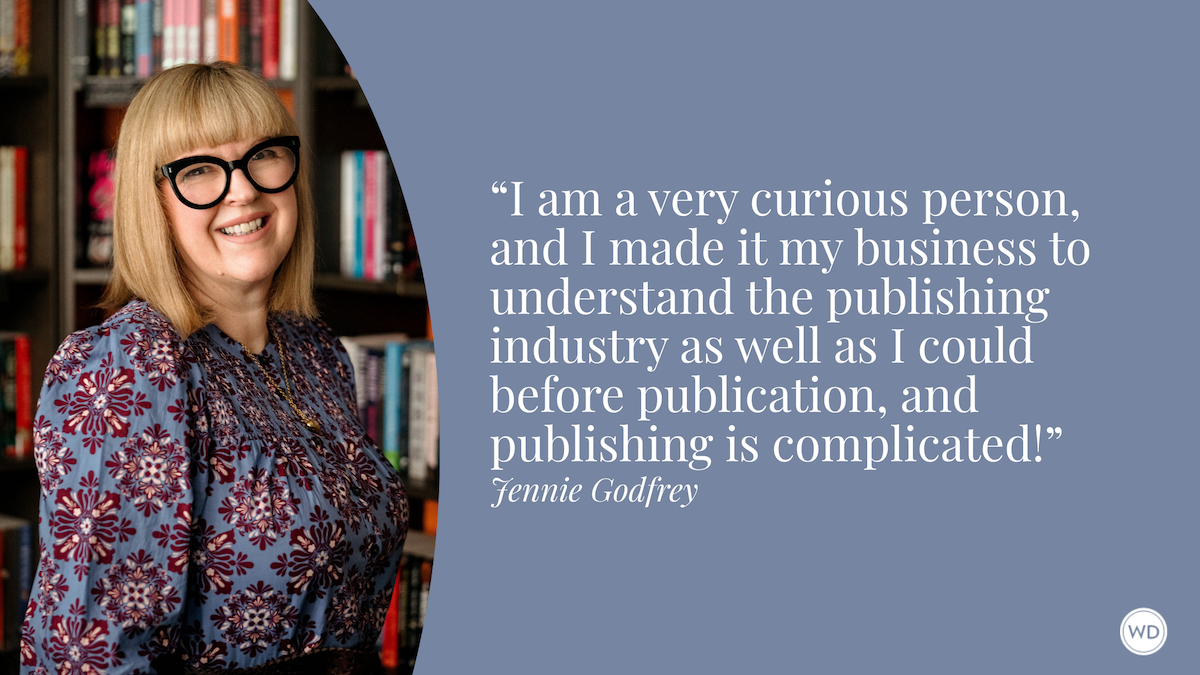NaNoWriMo Prep Work: How to Fit Writing Into Your Busy Schedule
BY ABBY SCHREIBER Everyone has a different take on the writing process, from the classic rhythm of “Write, edit, revise, and repeat” to the scramble of mismatched scenes that eventually come together. As a young author, I find the writing process to be something stretchable, and easy to bend. The writer is the one who truly creates their own writing process out of the twenty-six letters that make up their basic materials. At some point, though, you in your busy life might wonder, “How the heck am I going to fit this writing into my schedule?” Here’s how.
BY ABBY SCHREIBER Everyone has a different take on the writing process, from the classic rhythm of "Write, edit, revise, and repeat" to the scramble of mismatched scenes that eventually come together. As a young author, I find the writing process to be something stretchable, and easy to bend. The writer is the one who truly creates their own writing process out of the twenty-six letters that make up their basic materials.
At some point, though, you in your busy life might wonder, “How the heck am I going to fit this writing into my schedule?”
Well, there are two simple answers. The first is to become a hermit. The second, and possibly more effective solution, is proactive time management. NaNoWriMo, and its Camp NaNoWriMo events are all about managing time. How else could so many people write 50,000 words, or even more, in only a month? (For more great tips on National Novel Writing Month [NaNoWriMo], download the November/December issue of Writer's Digest now!)
First of all: absolutely do not become a hermit, or remove yourself in any way from friends and family! They will play a major part in the things you achieve. Instead, daydream and seek inspiration whenever you have a moment where getting lost in your ideas won’t be a hazard (because planning a novel in your head during brain surgery doesn’t sound like a good idea, does it?).
Plan beforehand. Whether you write on your own, or solely during events like NaNoWriMo, planning makes things incredibly easier. I’ve found that planning can take many routes, too, but it boils down to this: you wrestle with what needs to happen to fulfill your story, then take note. Perhaps you are like me and string index cards all over your work area, or maybe you make a map of the world you have created.
When it comes to making the most of your writing time, there are ways to improve the amount you write, and still have time for your life. You sit down in your free time at your favorite place to write. Let’s say there is only one hour for you to get as much as you can done. What do you do?
First, shut off distractions. Tumblr, Facebook, it all has to go. Turn off the phone, hide away the book you're reading (I know, it is hard). Once these things can’t be of distraction, you can get started, but with what? You have the characters and the world they belong to planned out, but where do you begin?
Well, with one word, followed by another. You begin writing with the words that may become the ending to the mystery or the introduction of a character. Steps turn to leaps. You leave this world behind to spend a small time somewhere else.
When it is time to get back to work, school, sleep, or whatever else you have to do, remember to never forget whatever it is you write with. Bring a notebook to continue in every spare moment, or your laptop to type during a lunch break. Wherever you go, inspiration follows, even if in the smallest ways.
Don’t write too long. Allow time to get snacks, and to give your mind a break. Writing, like anything, is a process that takes time to learn and improve upon.
Doing NaNo or anything similar is like entering a different world. Set the times when you can immerse yourself in the story that you have created. No one else can write the things you can. Even if you aren't a writer, there are things that will never exist if you are not the one to create them. Embrace your ideas, establish goals to get where you want to go, and set off!
-
Abigail is a thirteen-year-old writer in Lafayette, Colorado, who has been told that she was practically an adult from birth. Over the past year, she’s written three novels, and hopes to eventually get at least one of them traditionally published. Most day she can be found tucked away in her room, watching Doctor Who, listening to her favorite music, and planning new books. Her first book, Millenniumcan be found here. Follow her on Twitter at @epikowl.









